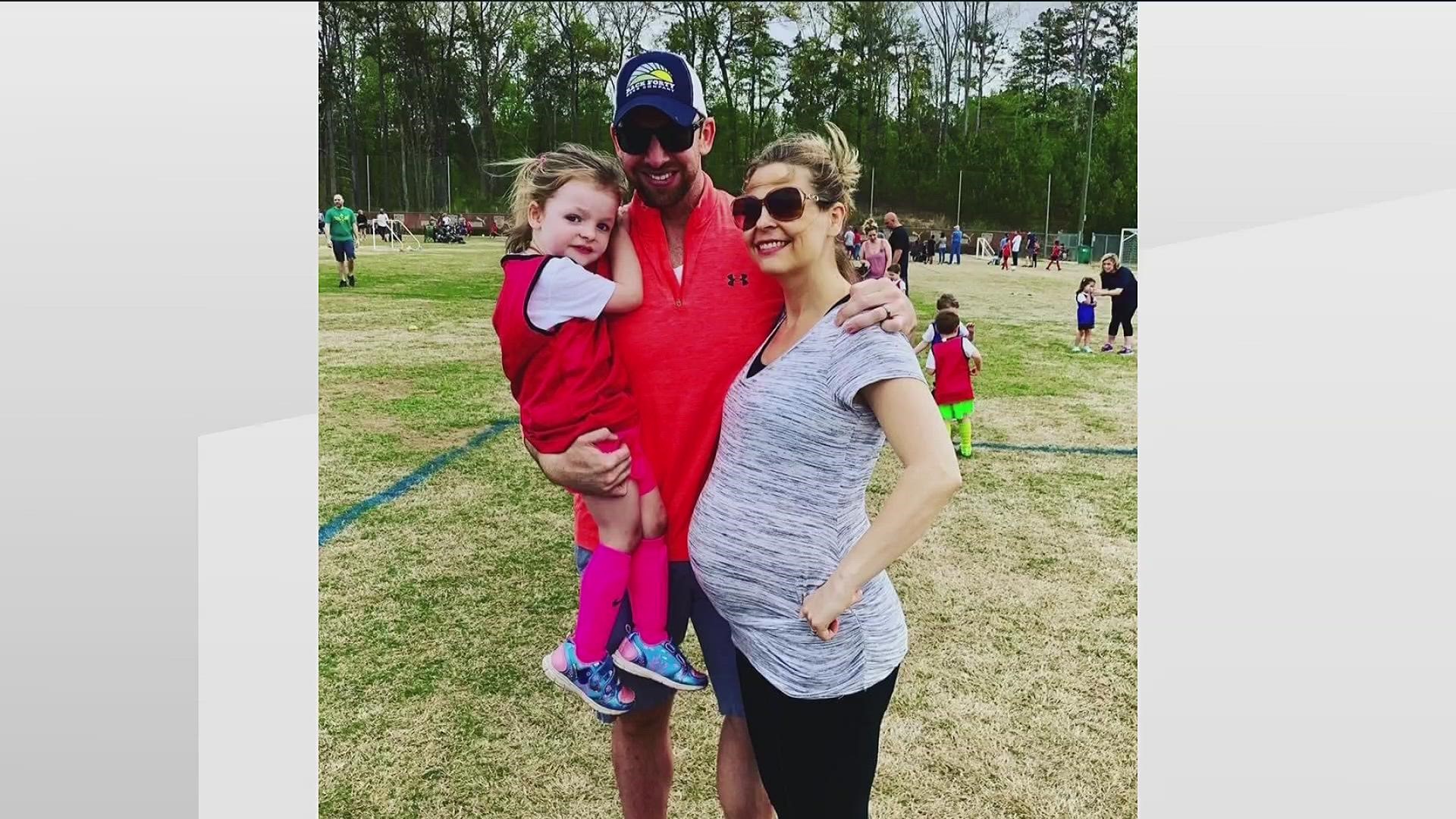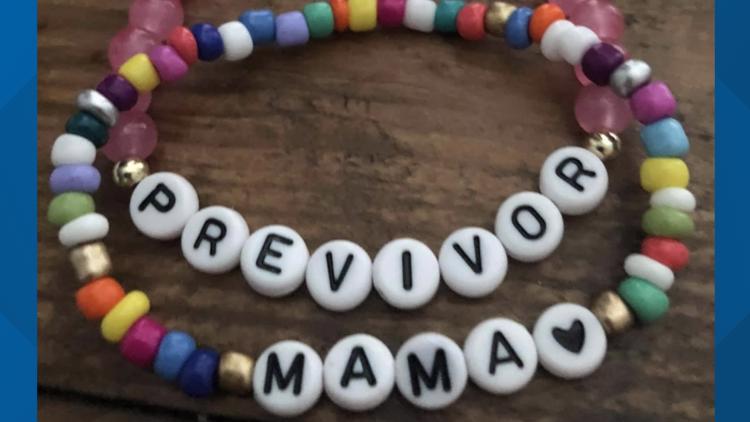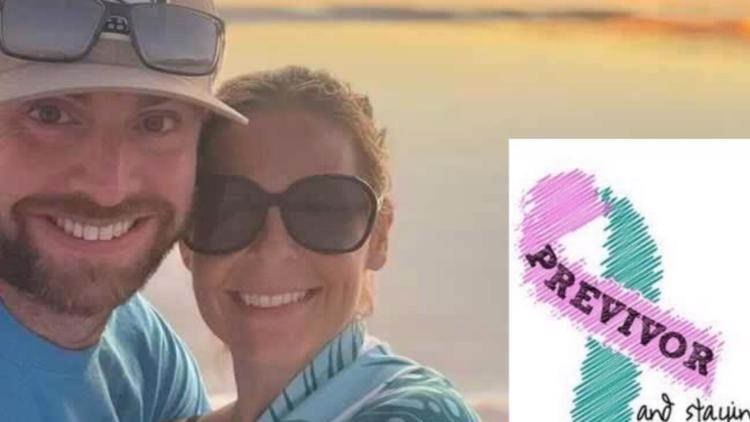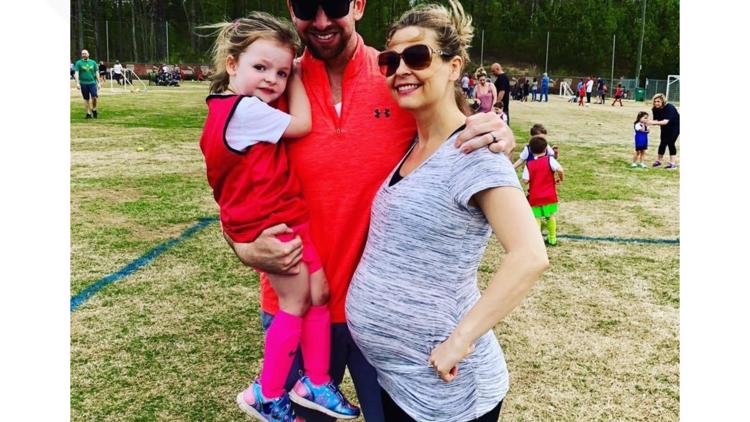ATLANTA — When it comes to breast cancer, many patients ask to be tested for the BRCA gene, known to increase the likely hood of the disease, but according to the National Institute of Health, there's a less common gene that could pose a higher threat.
When journalist Keri Stephens went to the doctor for a checkup, doctors tested her for the commonly known BRCA gene linked to breast cancer; her test returned negative. Her doctor recommended she get additional genetic testing after her diagnosis.
"I figured there's no point in this. But I tested positive for a gene called CHEK2 and it completely changed my life when I found out," she said.
Her doctor explained that the lesser-known CHEK2 gene mutation makes her more likely to develop breast cancer because her body can't suppress tumors. Stephens' doctor recommended a preventative double mastectomy.
"It was heartbreaking, but it was also empowering because I knew by doing this I could change the narrative and not die from breast cancer," she said and mentioned later that her aunt was also diagnosed with the disease at 40, leaving her to check on her regularly.

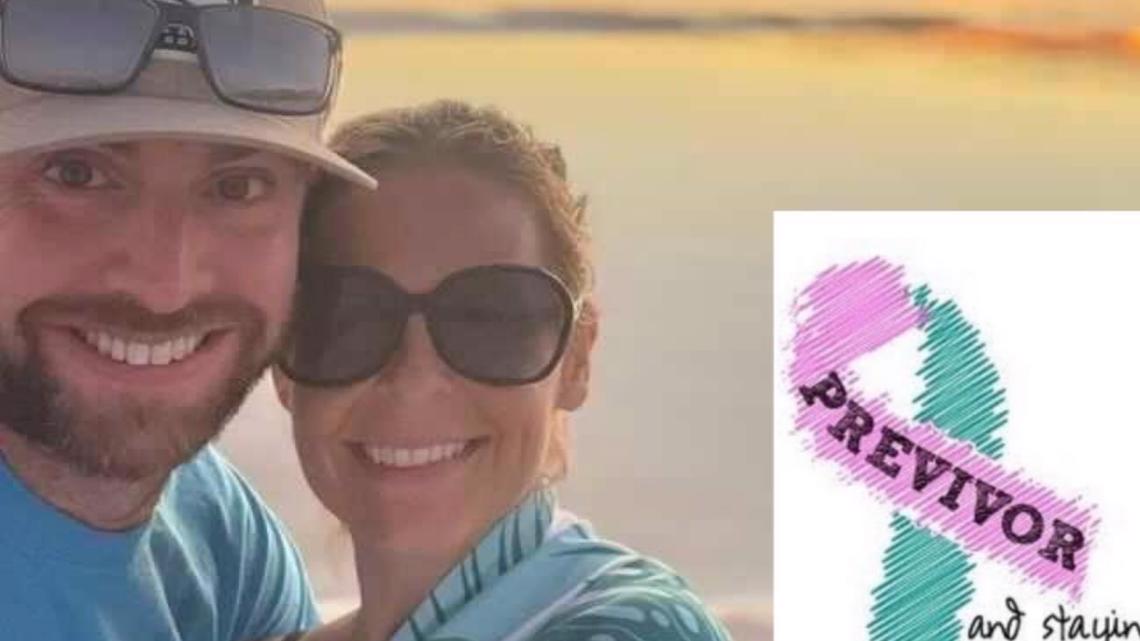
The CHEK2 gene mutation is not only tied to breast cancer, but also prostate and colon cancer. Three weeks following Stephens' double mastectomy, her father was diagnosed with prostate cancer. He also tested positive for the CHEK 2 mutation.
A genetic counselor, Jorand Hunter, said the new scientific discoveries are saving women's lives who could have ended up with aggressive breast cancers.
"Really, in the past five years, our genetic knowledge has increased quite a bit," Hunter said. "So CHEK2, ATM, PALB2, there are a number of these other breast cancer genes that we thought may have been more rare than BRCA, but it turns out they're just as common."
Aside from surgery, doctors said there are other ways to treat these genetic mutations.
"We have learned quite a lot just in the last 10 years even," Lori Plummer, a nurse practitioner said, "Not just about genetics, but in risk reduction, and there are a lot of options out there for women to reduce their risk - everything from medications to lifestyle modifications."
Those wanting to test in Atlanta can contact their OB-GYN for testing or head to the Helen S. Carlos High-Risk Breast Clinic. They opened in January to focus on women with breast cancer issues or concerns.
Stephens and other doctors want to bring awareness to genetic mutation and help other women identify the steps to take after a diagnosis.
"I've been on a mission myself to raise awareness and have people talk about this," Plummer said.

